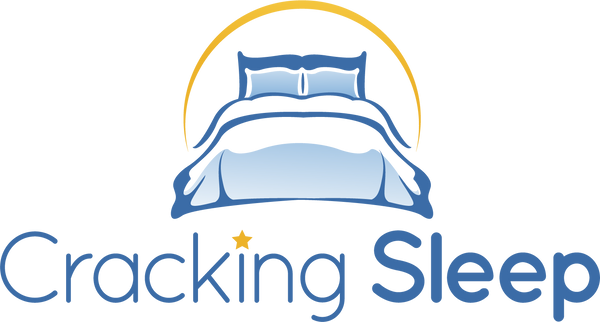Read time: 5 minutes
What’s inside?
- Signs your CPAP pressure could be too high.
- And, yes… it could also be too low.
- How do I know the correct pressure settings?
- So, what do I do if my pressures aren’t right?
Those of us with obstructive sleep apnoea (OSA) stop breathing for brief intervals during sleep due to a blocked or collapsed airway. Continuous positive airway pressure (CPAP) machines are common tool in treating sleep apnoea by delivering pressurised air to help keep the airway open and settle your breathing. But, how do we know what amount of pressure is the right amount of pressure?
Signs your pressure could be too high…
Excessive leaks – It is normal to get some leaks from a CPAP mask as the air-pressure rises but if you are constantly fighting your mask to keep a seal then it may be too high for your mask to cope with.
Drying up – This one is particularly a problem for full-face mask wearers. If you are consistently drying up in the mouth and throat then maybe think again on your air pressure settings or even whether you are using the right kind of mask.
Burping & Farting – There are 2 kinds of farting when using CPAP equipment. The first is when your mask leaks and causes vibrations that sound like farting. The second is when you swallow too much air and really do let go. This second one can also result in a lot of burping as your body aims to get rid of the excess gas.
Breathing ain’t easy – The whole point of using CPAP is to help you breathe. If your air pressure is so high you have difficulty doing that then it’s a big red flag. Sometimes reducing pressure in itself isn’t enough. In this case, it may be worth discussing with your sleep practitioner whether BiPAP may be more suitable for you.
But what about low air pressure?...
Yes, it’s possible to wind it down too low, so if you experience some of the issues that CPAP is designed to fix, such as snoring, breathing disturbances or no improvements in your events per hour then your pressure settings may need dialled-up… not down.
None of the above is medical advice though. If in doubt… give a shout… to your sleep practitioner. They’ll assess your current condition and make any changes you need.
How do I know the correct pressure settings?
That one is down to your sleep practitioner. The may ask you to undergo a titration study, which in the CPAP world simply means they’ll mess around with the settings until they find the correct ones for you.
What else could mess with the settings I need?
There are a few other things that could mean you need to adjust your settings, such as…
You being you -The shape of your face and jaw could mean certain pressures are required to match the type of mask you wear. How clear your airway is could affect pressures too. Big tonsils or tongue could get in the way and need higher pressures to force the air past these hurdles and keep the airway open.
Body mass – It’s been a long-stated metric people with a larger neck size are more likely to experience sleep apnoea. Many people with standard neck sizes have sleep apnoea too, so it isn’t a requirement, but the medical evidence does point in this direction.
Just being sick – If you have a cold or other ailment that reduces the airway then more pressure may be needed to get through the reduced hose. Too much can be a problem too though, so another one for your sleep practitioner.
Sleep position – Many of us would love to be able to sleep on our backs but it appears to be the worst position for keeping the airway open. Many of the bits that collapse and cause sleep apnoea are placed towards the front of the throat, so are first in the queue when your brain switches to recover mode and sends those relaxing signals to your muscles. As they relax, so do your internal bits… and the snoring and apnoea events kick-in.
So… what do I do if my pressures aren’t right?
First thing to do is get onto your sleep practitioner. Depending on your CPAP machine they may be able to access your data remotely. If not, they may ask you to attend for a face-to-face appointment with your CPAP machine in tow.
It is important only a sleep practitioner adjusts your pressure settings as getting it wrong could cause more problems than it solves.
Get it right though, and your nights may just become a whole lot more refreshing.

